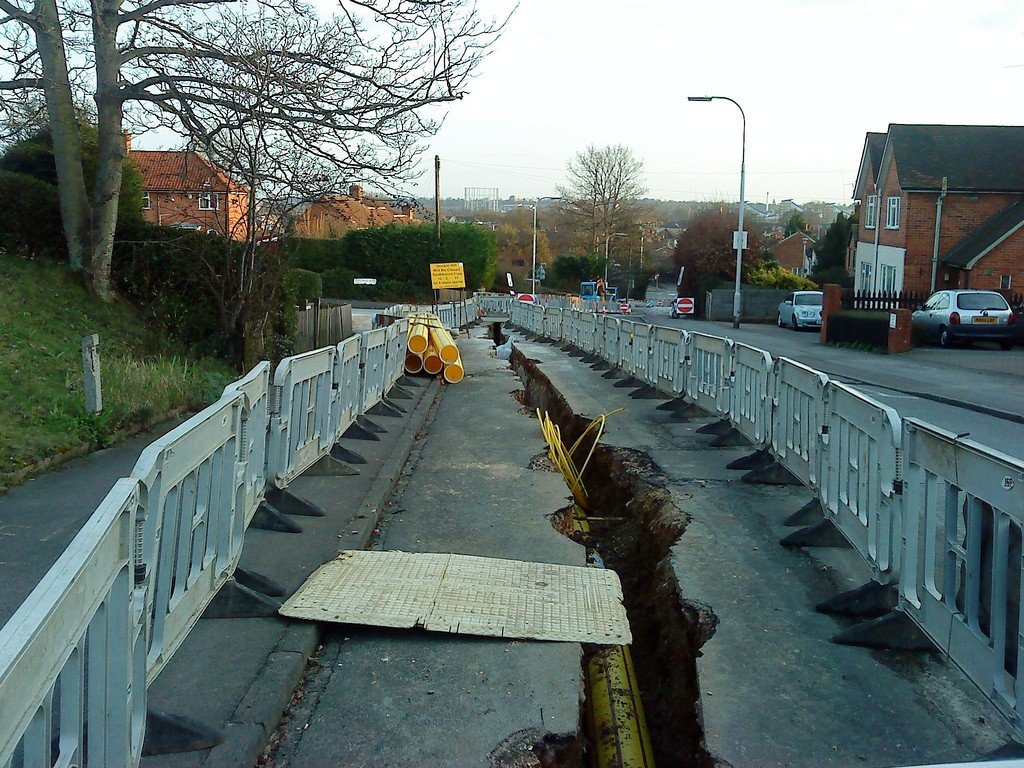So this post is about the project to embed copyright literacy within Information Services at the University of Kent (or P1465 to particularly keen followers of the IS operational plan). But what does ’embed copyright literacy’ really mean and why did we end up choosing those specific words? Well in my mind it seems to be getting clearer but it might help if I provide some of the back story as to how we got here.
When I first started at Kent the UK educational sector was on the verge of finally getting the benefit of the long awaited reforms to copyright law which were 20 years in the making. I don’t have space in this post to describe them in detail (for that I would recommend you go here, here or here or, if playing games about them is your bag, here). Even though I had been tasked with writing a set of copyright guidelines as my first major piece of work here, we ended up delaying publication until the reforms had actually gone through. It took longer than we hoped. Even Viscount Younger of Leckie (Under Secretary of State for Intellectual Property at the Department for Business, Innovation & Skills) described the process as like being in a car with a bunch of children in the back seat shouting “are we there yet?!”.
Well in October 2014 we finally arrived out our holiday destination where (like this pair) we were able to lie back and fully enjoy the new educational freedoms that we’d worked so hard to secure. Except that (for me at least) it wasn’t quite what we’d expected. Yes we had finally got there, but like anyone who’s ever been on holiday with small children knows you just still have just as much work to do as you did before, it’s just that the weather’s nicer and the drinks come with parasols and sparklers.
So having realised that we really needed to ramp up our copyright support provision at Kent to realise the benefits of the legislative reform I started thinking about ways of examining processes and procedures and measuring the impact of this. This sounded like a good place to start, but luckily I was reminded by my colleagues that organisations are not simply machines which need to be tinkered with, but are actually comprised of human beings. Systems and policies are all very important, but without a decent training and engagement programme people were more likely to think of copyright as something I was solely responsible for, rather than taking a collective responsibility and sharing this with the rest of the University.
All these thoughts coincided with my work with Jane Secker on the UK Copyright Literacy survey where we got some really great insights into how librarians and information professionals viewed copyright and how institutions handled responsibility for copyright. It seemed that the time was right to make create a properly planned project which would be our first step towards creating a comprehensive, scalable copyright support provision at Kent.
So, here’s how the project is supposed to work:
- I’m the project manager (but one of those project managers that, unfortunately for me, will end up doing most of the work rather than being able to delegate it all).
- We are focussing on Information Services (i.e. Library and IT) at first, but we’re also including the Learning Technologists from our Unit for Enhancement of Learning and Teaching (UELT) to make sure we’re joining things up.
- We’ve split the work up into three parts:
- Training – and for this I’m using the copyright card game I created with Jane and Naomi for SCONUL
- Groups – getting people together for workshops, meetings, gatherings, happenings etc. where we can work out what we’ve done and what we need to do. The feeling is that this could turn into a community of practice, but only if there’s enough to talk about and we’re actually getting benefit out of it.
- Tracking – YES! Spreadsheets! I love spreadsheets. But of course, not just spreadsheets. Anything we can use to keep a track of what we’re doing and demonstrating that it’s having an impact.
And the underlying philosophy behind the approach is to avoid copyright being seen as this giant, monolithic thing that makes people want to run away and hide. There are loads of really exciting initiatives happening at Kent from a wider promotion and discussion of digital literacy to strategic development of our library and information technologies and better management of our digital assets. The intention of this project is to make sure that it’s sufficiently linked in with all the other ones that we can avoid having to dig the road up more than once.
Ultimately we want all Kent staff and students to arrive at their chosen destination without feeling that copyright issues have been nagging them from the back seat and driving them crazy, or creating a major blockage in the road ahead.
Featured Image: Roadworks on Donkin Hill, Caversham, courtesy of Southern Gas (replacing mains pipes) by Karen Blakeman https://www.flickr.com/photos/rbainfo/5476078610/sizes/l CC BY 2.0

